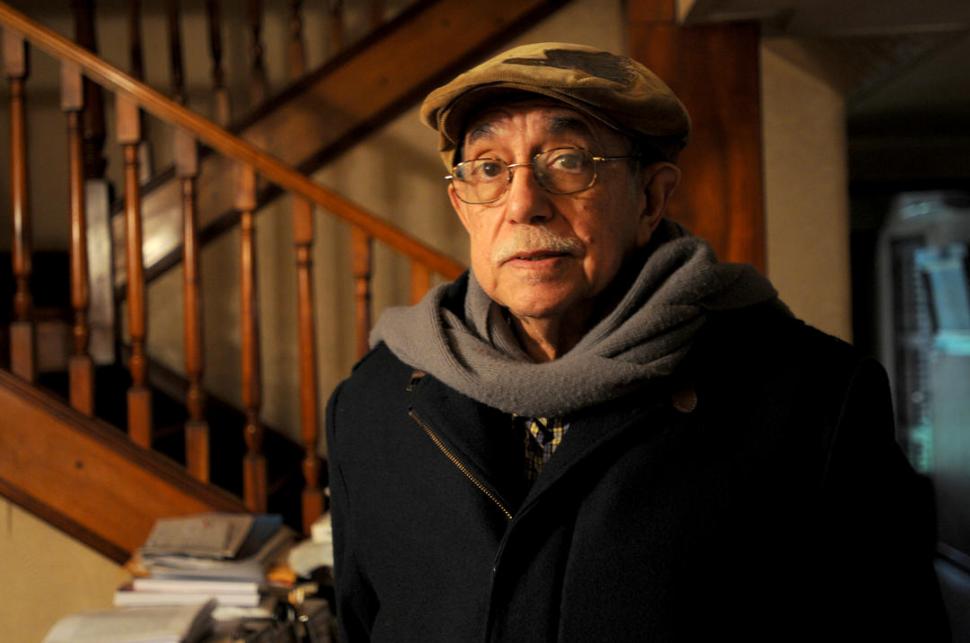Courtesy of the Freedom of Information Act, an intrepid reporter lets us in on some of the emails about data access between the Louisiana Department of Education and school choice researchers Parag Pathak and Atila Abdulkadiroglu. These shed light on a controversy and some name calling having to do with a study showing some early problems in Louisiana's school voucher program. The name calling involved accusations that the researchers rushed to publish without waiting for more data. The emails show that they tried unsuccessfully to get more data from the D of E, without success.
Who Gets Access to School Data? A Case Study in How Privacy, Politics & Budget Pressures Can Affect Education Research by Matt Barnum
"Just who gets access to education data? A case study in La. after a critical early study on school vouchers"
"In the early days of 2016, a study by MIT and Duke University researchers showing the first year of Louisiana’s school voucher program led to marked decreases in student achievement landed in the press and policy worlds with a degree of attention that went beyond the usual wonky provinces of education research.
...
"John White, the state’s high-profile schools superintendent whose pro-school choice policies had long been scrutinized, publicly accused the Duke and MIT researchers of improperly rushing to publish their results and The Wall Street Journal condemned them for similar reasons in an editorial.
The Chutzpah of Abdulkadiroglu, Pathak, and Walters
A comment by Christopher Walters points to this reply by Abdulkadiroglu, Pathak, and Walters:
Statement on Allegations of Academic Fraud by Jay P. Greene
Atila Abdulkadiroglu, Duke; Parag Pathak, MIT; Christopher Walters, UC Berkeley
August 5, 2017
Who Gets Access to School Data? A Case Study in How Privacy, Politics & Budget Pressures Can Affect Education Research by Matt Barnum
"Just who gets access to education data? A case study in La. after a critical early study on school vouchers"
"In the early days of 2016, a study by MIT and Duke University researchers showing the first year of Louisiana’s school voucher program led to marked decreases in student achievement landed in the press and policy worlds with a degree of attention that went beyond the usual wonky provinces of education research.
...
"John White, the state’s high-profile schools superintendent whose pro-school choice policies had long been scrutinized, publicly accused the Duke and MIT researchers of improperly rushing to publish their results and The Wall Street Journal condemned them for similar reasons in an editorial.
The criticism turned on whether the researchers should have waited for additional data before publishing their findings. But even that assertion, it turns out, was complicated. Not long after the headline-grabbing study was released, Louisiana ended its data-sharing relationship with the MIT and Duke researchers, according to emails obtained by The 74 through a public records request.
...
“For a program that’s ongoing, there are real issues of who gets to evaluate the program. Is it open to many teams, which I think is a good model. Or is it restricted to partners?” said MIT professor Parag Pathak, part of the team that studied Louisiana’s voucher program. “There are real broad issues in social science — it’s something that we’re all wrestling with.”
**********
Read it all...you can see why access to data can be hard.
*************
Update: the first comment below points to this critical blog post by Professor Jay Greene:The Chutzpah of Abdulkadiroglu, Pathak, and Walters
A comment by Christopher Walters points to this reply by Abdulkadiroglu, Pathak, and Walters:
Statement on Allegations of Academic Fraud by Jay P. Greene
Atila Abdulkadiroglu, Duke; Parag Pathak, MIT; Christopher Walters, UC Berkeley
August 5, 2017











